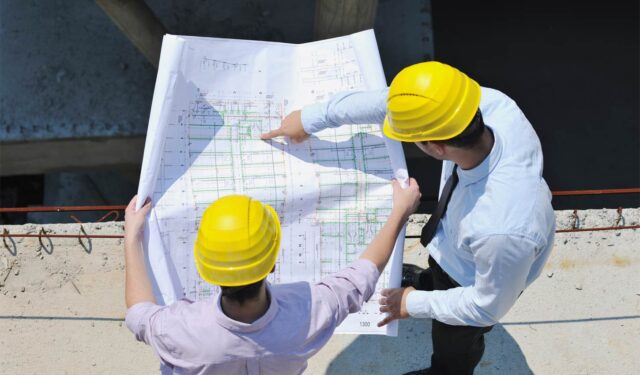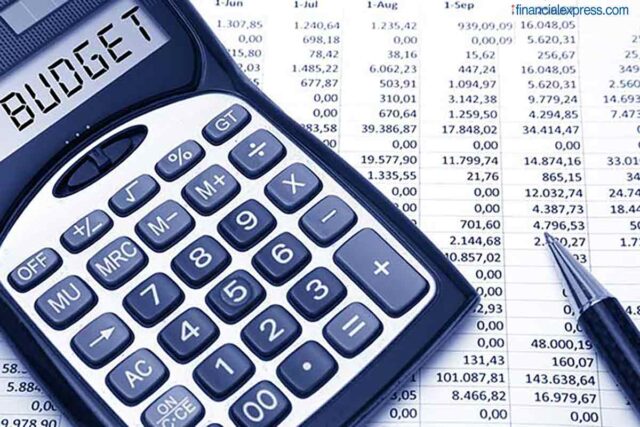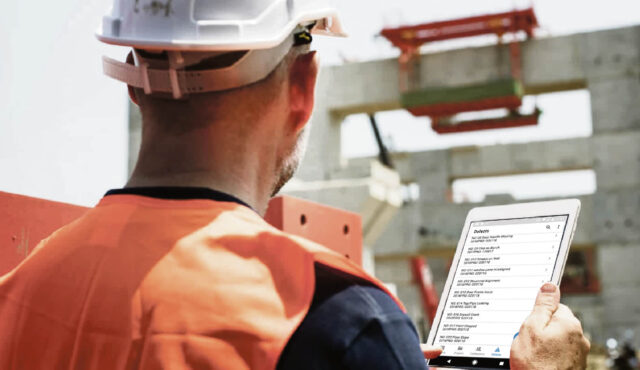
Building projects are often more complicated than they appear at first glance, which is why project management is so important to the success of any project.
Construction projects almost always involve multiple teams and long schedules, making the PM’s job difficult. It can be difficult to keep track of subcontracted prices, bids, material, and deadlines while balancing on-site responsibilities and office paperwork.
Keeping track of everything that is happening in a project as a construction project manager in charge of one or more projects becomes quite laborious. As a result, project managers must prioritize their work and effectively manage their time.
Here are some suggestions for increasing the productivity of the construction management process.
1. Plan Out Your Strategy

Create a construction management strategy that follows the five project management phases: initiation, planning, launch, performance, and close. Set a deliverable for the conclusion of each step so you can track your progress. A client report or the accomplishment of a major task are examples of deliverables. At the end of each phase, evaluate progress and performance to ensure that quality is maintained and the project stays on track.
In construction management, keep in mind that plans are subject to change. Depending on the results of the preceding stage, you may need to continually alter and improve your plan. The ability to adjust in order to keep the project on track and on a budget is critical to its success. In these situations, a building project planning template can assist you in developing workflows and increasing efficiency.
2. Establish A Line Of Communication

Communication is a crucial factor in determining the project’s success. A project manager must be able to develop a communication channel with stakeholders, suppliers, and field personnel. Such transparency can help to simplify the project execution process and reduce unpleasant communication, which can lead to problems.
Using a single platform to generate an effective communication flow is one of the simplest ways to accomplish it. Syncing comments, photographs, calendars, and documents allow PMs to keep track of updates, budgets, and other changes that occur frequently. PMs have more time to establish a better coordination and project plan using an automated system like Jonas Premier.
3. Stay Organized

Construction managers who are in charge of budgets, timetables, deliverables, people, tasks, and materials need to be organized. To keep organized and track every phase of a building project, consider adopting project management software. You may use it to track jobs in real-time and manage operations from your smartphone or tablet, whether you’re on-site or in the office. It’s also in your best interest to seek help from records management experts who provide offsite record storage. This way, you’ll be able to protect all of your critical files in case there’s a natural disaster or a robbery in the office, and the best part is that your documents can be scanned so you have secure access to them from your desktop, tablet, or phone. This will enable you to stay organized and have a clean work environment. If you’re well-organized, you’ll be able to adjust plans swiftly in reaction to changes and maintain projects on track and on budget.
4. Prepare A Budget

Permits, supplies, equipment, and pay are all transferred among many vendors on any given building project. Project managers are in charge of managing and monitoring every expenditure associated with the budget, from the bidding process to project closeout and billing.
Forecasting and budgeting can be aided by looking at previous projects and company data. As the project continues, regularly evaluating expenses and keeping track of all transactions will help you spot budget adjustments that are required. Consider investing in tools that can assist you in balancing construction project finances and forecasting for the future. Look for a tool that allows all vendors to submit expenses and modifications, removing the possibility of financial conflicts.
5. Use Time Wisely

Project managers have a lot on their plates between planning, design, coordination, management, and review. Construction projects are always changing, and new issues arise frequently.
To be effective in your profession and lead a project to completion, you must have excellent time management, prioritization, and delegating abilities. Make use of your team to coordinate and manage duties in the most efficient and logical manner feasible.
6. Maintain Positive Relationships

Maintaining solid relationships with everyone participating in the project is crucial since project management necessitates a great degree of involvement and communication across multiple providers and stakeholders. Your staff, project owners, subcontractors, suppliers, safety inspectors, and others are all included.
To keep excellent connections, include stakeholders as much as feasible. Give them access to papers that they may share, invite them to contribute and cooperate, and extend social invitations as needed.
Maintaining positive relationships might also help your company win future building bids. To guarantee that everyone’s requirements are addressed realistically and fairly, manage client expectations in a compassionate and professional manner.
7. Keep A Record Of Everything

Information is always flowing in construction project management. Construction managers are at the center of the project’s maelstrom, with tasks like planning, budgeting, communicating, managing, and adjusting. Furthermore, in the construction sector, everything is contractual, and contracts are related to financial obligations. If the project information isn’t properly tracked and documented, your organization will be vulnerable to a variety of problems, including delays and disagreements.
You may also use tracking to see how far along your project is and spot scope creep. After that, you can make any necessary schedule or budget adjustments. Just remember to leave that dreaded paper trail and keep track of everything. All communications, decisions, plans, transactions, and other information should be documented and preserved in a safe, preferably digital, location.
8. Be On Schedule

On-time completion of building projects keeps customers pleased and lowers labor expenses. To keep your construction project on track, keep an eye on your timetables and milestones. Set realistic timetables and control the scope of a project with task lists and tools.
Only pledge to execute construction projects by a date you can meet during the planning stage. If at all possible, add time to your estimate to account for unanticipated delays. To keep your staff informed and on track, consider adopting scheduling software.
Conclusion
A construction management system is beneficial not only to the project manager, but to everyone involved in the project, including the team, subcontractors, partners, and stakeholders. With real-time updates, automatic reporting, and system integration, the platform helps them gain a better understanding of their responsibilities and simplifies them.












